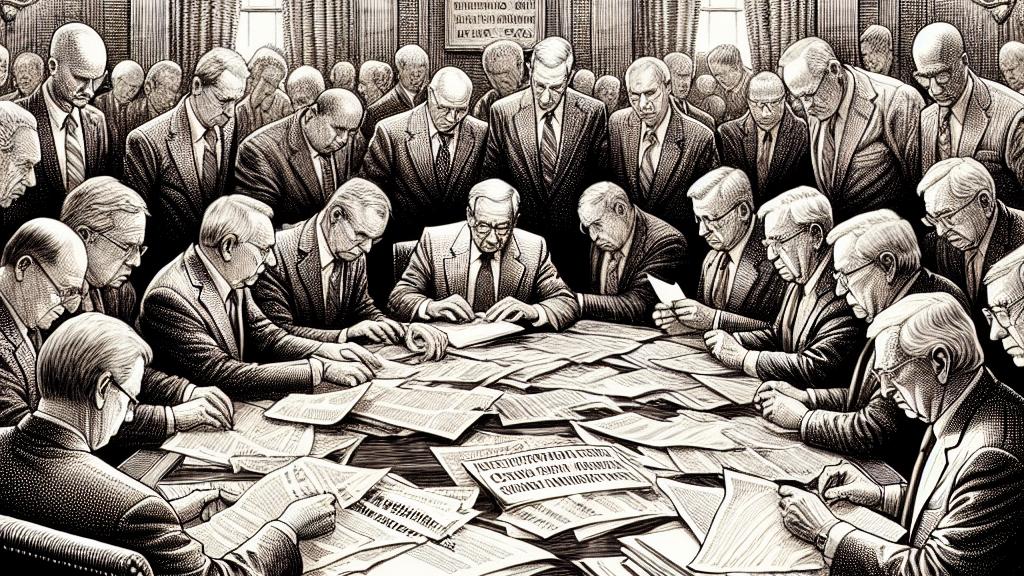Thailand's Cabinet Shake-Up: The Race Against Time!
Overview
- New cabinet expected to be finalized by the week's end.
- Pheu Thai party ready to address key national issues promptly.
- Coalition forces reconfigure power dynamics and potential alliances.

A Nation on the Brink of Change
In Thailand, a significant political shift is unfolding as the Pheu Thai Party hastens to finalize its new cabinet line-up by the end of the week. Following the abrupt removal of former Prime Minister Srettha Thavisin by the Constitutional Court, Caretaker Deputy Prime Minister Phumtham Wechayachai is stepping up to lead a transitional government aiming to tackle urgent national challenges. With pressing issues such as economic instability, public health concerns, and social welfare reforms on the agenda, Phumtham has stressed the need for a rapid and effective response. The newly appointed cabinet requires royal endorsement from His Majesty the King to officially take office, enabling them to begin discussions on the administration’s policy agenda, which is expected to be revealed in mid-September. The urgency of the situation fosters a climate of anticipation and scrutiny, as citizens hope for quick, positive changes in governance.
Navigating the Coalition Labyrinth
The formation of the new cabinet is laden with complexities as multiple parties vie for representation in the coalition. Pheu Thai's potential alliance with the Democrat Party, historically a rival, opens the door for new power dynamics that could significantly influence governance strategies. The number of candidates vying for cabinet positions far exceeds the constitutional limit of 35, leading to intense negotiations as parties strategize about safeguarding their interests. Furthermore, the high ethical standards set by the Constitutional Court increase the stakes, as the possibility of disqualifications looms over candidate nominations. These negotiations require a delicate balance of cooperation and compromise, as the coalition must unite diverse political ideologies while planning effective governance. The ability to foster unity amid rivalry will determine how well the new cabinet can serve the public’s interests and address the pressing issues facing the country.
Public Sentiment: A Hope for Reform
As this political transformation takes place in Thailand, there is a palpable sense of hope among the populace for meaningful reforms. Recent electoral successes of opposition parties, notably Move Forward and Pheu Thai, signify a decisive public mandate for change, particularly in addressing issues such as corruption, economic disparity, and the role of the military in governance. This election cycle has not only reflected a growing desire for democratic principles but also highlighted the collective aspirations of younger voters eager for a brighter future. However, doubts linger regarding the coalition’s ability to maintain unity and focus on its reform agenda as competing interests come into play. The public remains cautious yet optimistic, hoping that the emerging government will prioritize citizen needs and effectively navigate the complexities of coalition politics. As Thailand braces for these developments, the stakes have never been higher, with citizens looking to their leaders to deliver the changes they seek.

Loading...